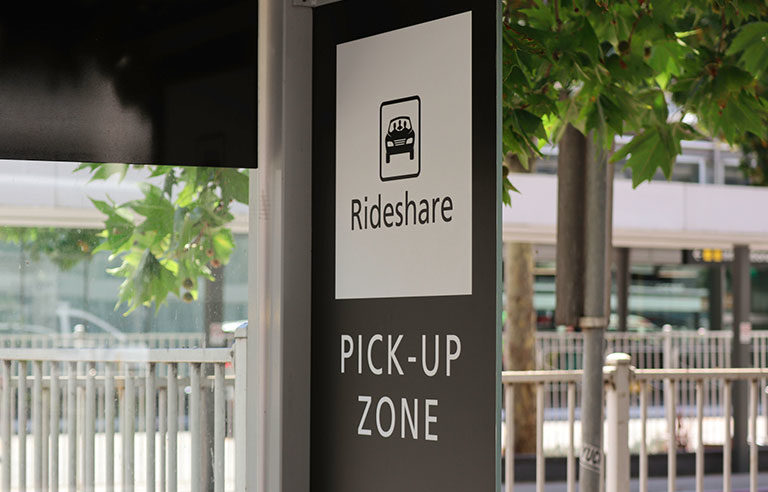Gig workers report poorer health than salaried employees: analysis

Houston — “Insecure income” earners employed in gig work have more health issues than salaried employees, results of a recent analysis by researchers at the University of Texas Health Science Center show.
The researchers looked at 2008-2019 data from the IPUMS Medical Expenditure Panel Survey, which covers “the time period from the start of the modern gig economy through the most recent data.” Around 30,000 respondents answered health-related questions during each of the five rounds of surveys administered.
The respondents who had insecure income from gig work reported a 50% increase in poor overall health and psychological distress than the respondents who were salaried workers. Black and Hispanic gig workers were more likely to report poor health than their white counterparts. Higher hourly pay rates reduced the association between gig work and poor health but didn’t eliminate it.
“The longer-term economic burden will ultimately be passed onto the U.S. consumer as we see increases in worker shortages, increases in prices from gig companies and increases in unreimbursed health care utilization,” study co-author Robert Thomas said in a press release. “It is reasonable to project that the U.S. taxpayer will pay more for uninsured chronic morbidity care of uninsured U.S. workers who are paid an insecure income.”
The analysis was published online in the journal Social Science & Medicine.
Post a comment to this article
Safety+Health welcomes comments that promote respectful dialogue. Please stay on topic. Comments that contain personal attacks, profanity or abusive language – or those aggressively promoting products or services – will be removed. We reserve the right to determine which comments violate our comment policy. (Anonymous comments are welcome; merely skip the “name” field in the comment box. An email address is required but will not be included with your comment.)

